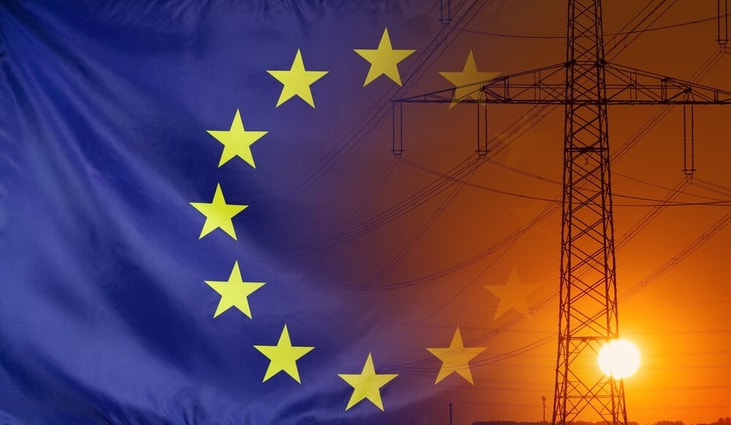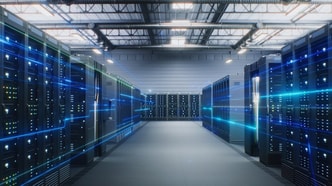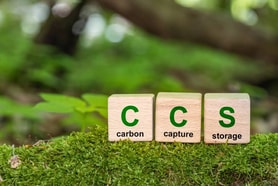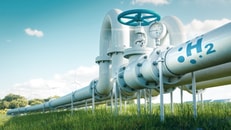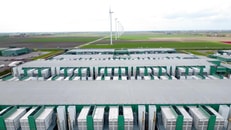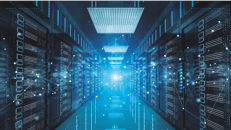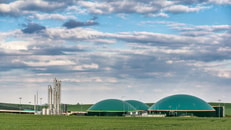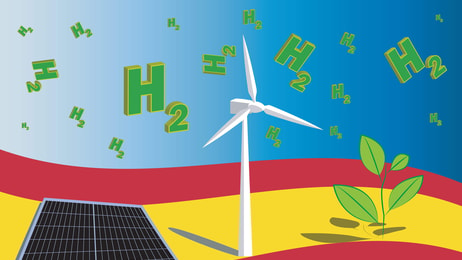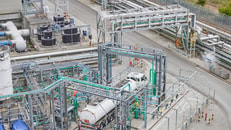Europe blackout exposes grid and security concerns
Power outages which today hit Spain, Portugal, and parts of France have severely impacted industrial and consumer operations and underlined the need for grid stability and more secure networks.
Regardless of whether the fault was a systems failure or from a cyber-attack, the widespread outage has upped the stakes over energy security.
Spain’s Energy Minister Sara Aagesen Munoz attended the Future of Energy Security conference in London last week where she called for better planning, closer collaboration, and a more “holistic approach” among countries in building resilience.
 She said we also need to think more about the link between energy, electricity and affordable prices.
She said we also need to think more about the link between energy, electricity and affordable prices.
... to continue reading you must be subscribed

